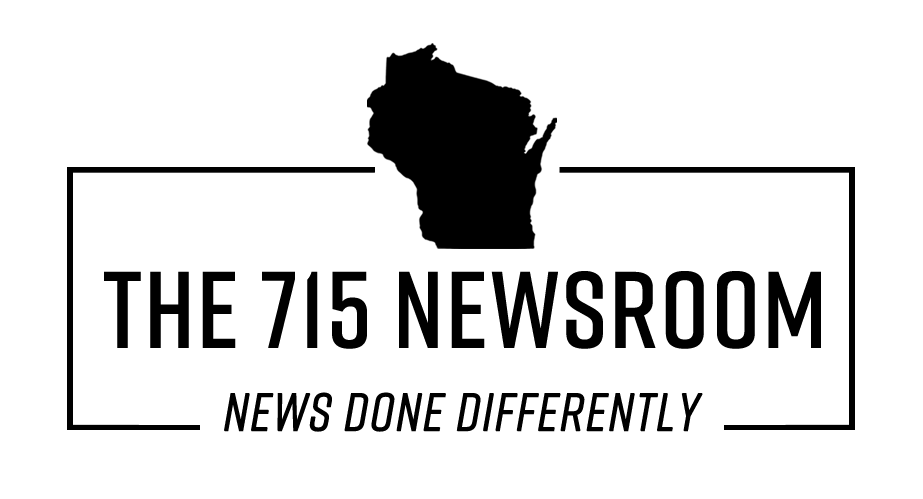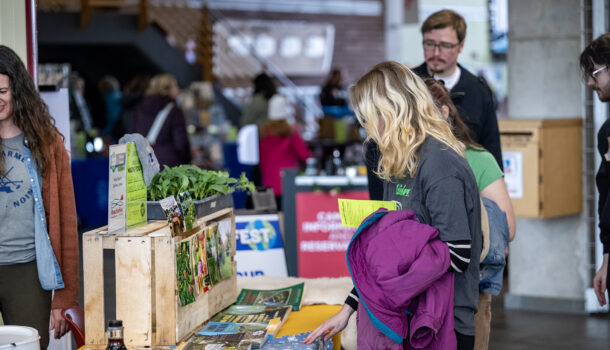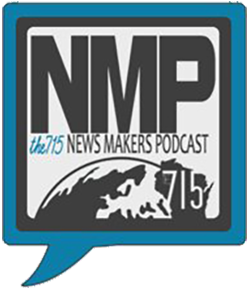ABOVE PHOTO: A participant in Saturday’s Earth Fest 2024 hosted at UW-River Falls looks at one of the 100 exhibits spread throughout three floors in the University Center and outdoors on the campus mall. The annual community event was its largest yet, with an estimated 2,500 people in attendance. Paul Douglas, well-known Twin Cities meteorologist, broadcaster, entrepreneur and author, spoke about climate change to a standing-room-only audience in the Falcon’s Nest. UWRF/Pat Deninger photo.
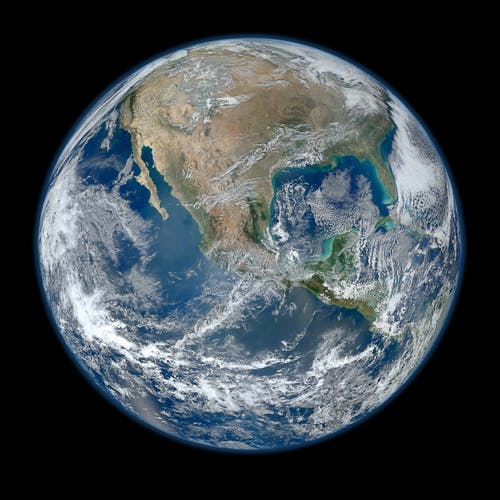
“The students involved in our Sustainability Office have worked hard to strive to increase sustainability practices in many ways and this rating would not be possible without their diligent efforts.”
From helping stage Earth Fest in conjunction with Earth Day, to creating a bee hotel and a surrounding pollinator-friendly garden, the University of Wisconsin-River Falls Sustainability Office and partners have taken an increasingly active role on campus and in the surrounding community.
Those efforts are reflected in a newly released rating in which the UWRF sustainability program has received a STARS Gold rating in recognition of its sustainability achievements from the Association for the Advancement of Sustainability in Higher Education (AASHE).
STARS (Sustainability Tracking, Assessment & Rating System) measures and encourages sustainability in all aspects of higher education. Ratings are awarded in Reporter, Bronze, Silver, Gold and Platinum levels, with Platinum the highest.
The current STARS report rating is the highest that UWRF has achieved and is a measure of the commitment to integrating sustainability into as many aspects of campus operations and those of the River Falls area as possible, Sustainability Coordinator Mark Klapatch-Mathias said. The award’s official announcement on Earth Day is especially fitting, he said.
“I am extremely proud of the Gold rating because it shows the improvements we continue to make in ensuring that sustainability is a larger part of our everyday life here at UWRF and in the surrounding community,” Klapatch-Mathias said. “The students involved in our Sustainability Office have worked hard to strive to increase sustainability practices in many ways and this rating would not be possible without their diligent efforts.”
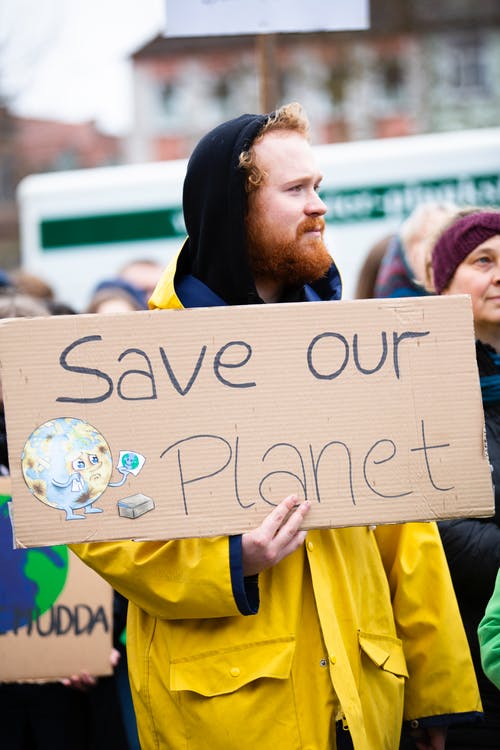

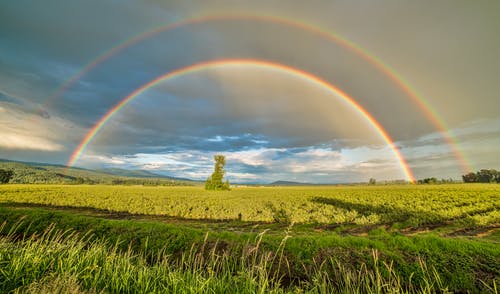
UWRF completes a STARS report every three years and previously attained a Silver rating in 2021. It is the only Universities of Wisconsin school with a current Gold rating. The full UWRF STARS report can be found here and an abbreviated executive summary highlighting accomplishments and opportunities can be found here.
With more than 900 participants in 40 countries, AASHE’s STARS program is the most widely recognized rating system in the world for publicly reporting comprehensive information about a college or university’s sustainability performance. Participants report achievements in five overall areas: academics, engagement, operations, planning and administration, and innovation and leadership.
A key move that boosted sustainability progress was adding it as a core value at UWRF and making it part of the university’s strategic plan. That has helped garner more support for and engagement with sustainability initiatives from across campus, Klapatch-Mathias said.
UWRF scored high in the STARS Report in multiple areas, such as incorporating sustainability into the curriculum and engaging campus and the surrounding community. Bonus points were received for such sustainability practices as having designations for Fair Trade Campus and Bee Campus.
Chancellor Maria Gallo said the university’s Gold rating is a sign of the strong commitment by faculty, staff and students at UW-River Falls to incorporating sustainable practices on campus.
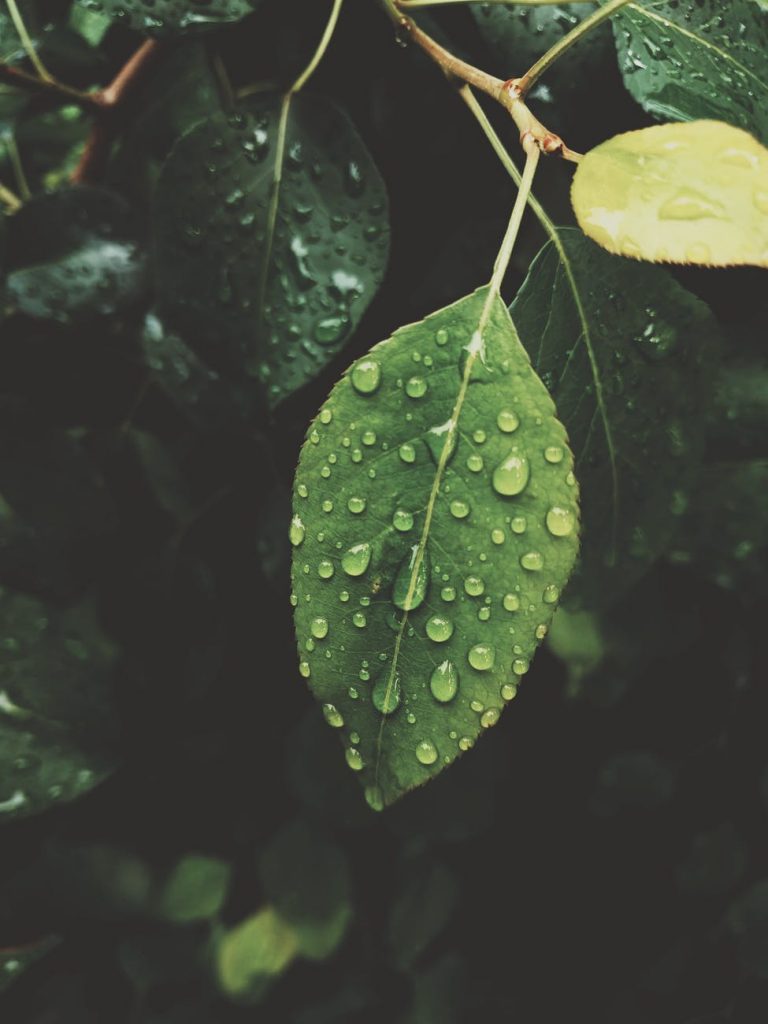

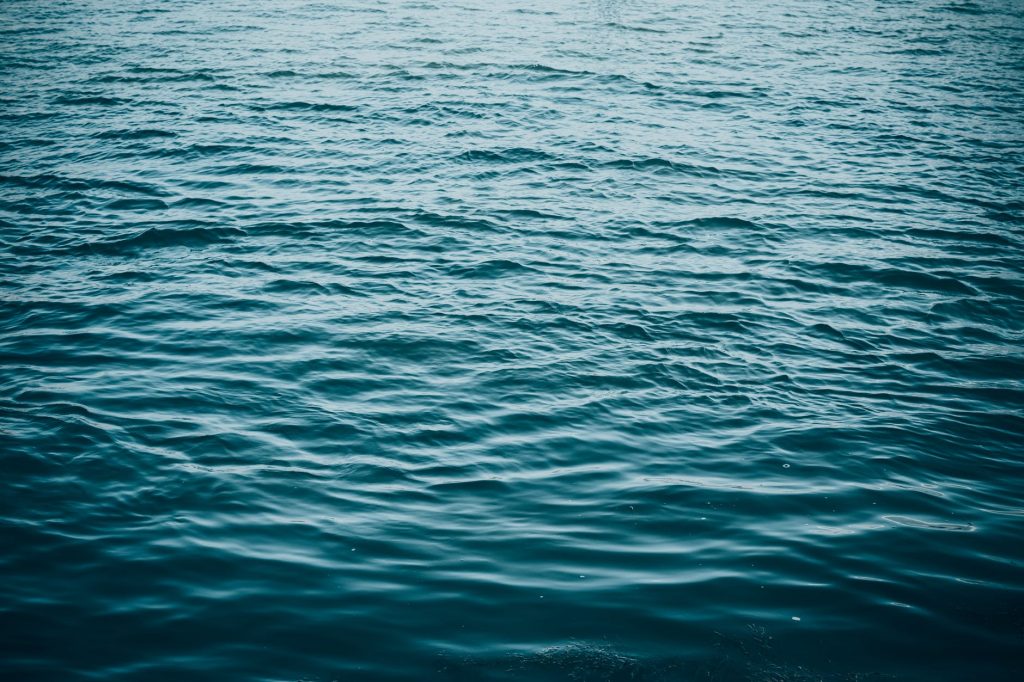
“Sustainability is one of UWRF’s core values and is prominent in both the academic and strategic plans,” Gallo said. “Achieving a Gold rating and our highest score to date is an incredible accomplishment and a true demonstration of what is possible when priorities are set and the entire campus community aligns their efforts.”
Students involved with sustainability efforts at UWRF said they have worked to raise awareness about the topic in many ways, from partnering with the city of River Falls and other organizations to setting up booths on campus and speaking at events. Students can be part of numerous sustainability-related clubs and create additional ways for the campus to be more sustainable.
“Our clubs have been really active in bringing attention to different forms of sustainability,” said Lauren Schmelzer, a senior from St. Louis Park, Minn., majoring in environmental science. “Focusing on collaborative events has gotten more people interested in this issue and raised awareness that sustainability exists.”
Kaitlin Ramirez was among students who worked to make UWRF a certified Fair Trade School. Getting everyone on board to support the idea and integrate Fair Trade practices into the university’s dining service proved challenging, she said, noting the effort took 1.5 years to complete. Ramirez is a senior from Round Lake, Ill., majoring in environmental planning.
“It was definitely a lot of work,” she said, “but we were able to do it. This is one more way we are making this campus more sustainable.”
Despite those accomplishments, the university and River Falls community have room to improve in terms of adopting sustainable practices, students and Klapatch-Mathias said. For example, UWRF buildings typically don’t rank high in terms of environmentally friendly measures, Klapatch-Mathias said, and engagement of community and campus could always be better.
“We have made significant positive strides,” Klapatch-Mathias said, “but it’s not like sustainability practices are mainstream yet. We definitely have more work to do as a group and as a community to become more sustainable. That is a good challenge, to see how much more we can accomplish.”
